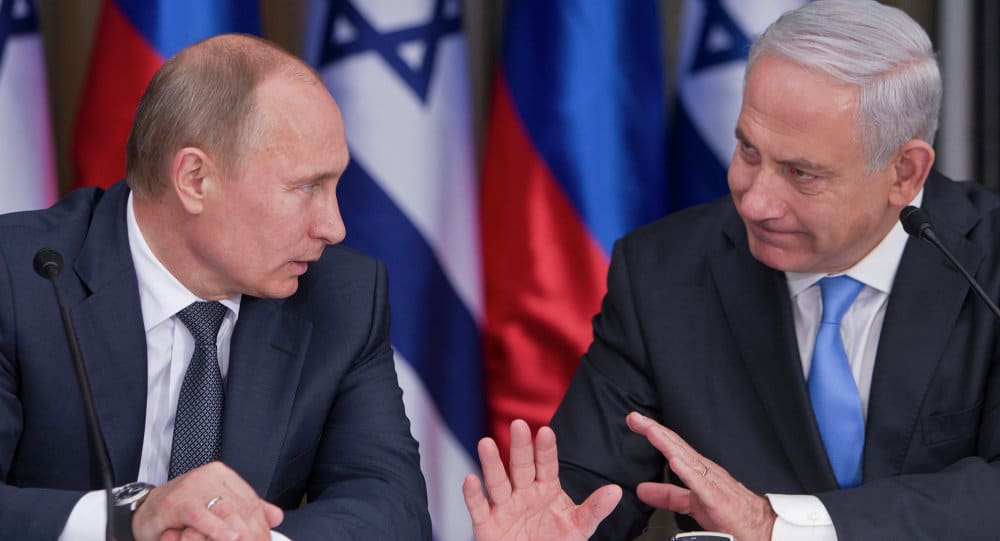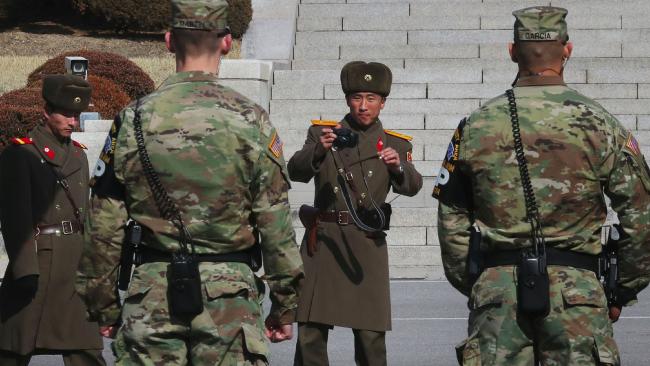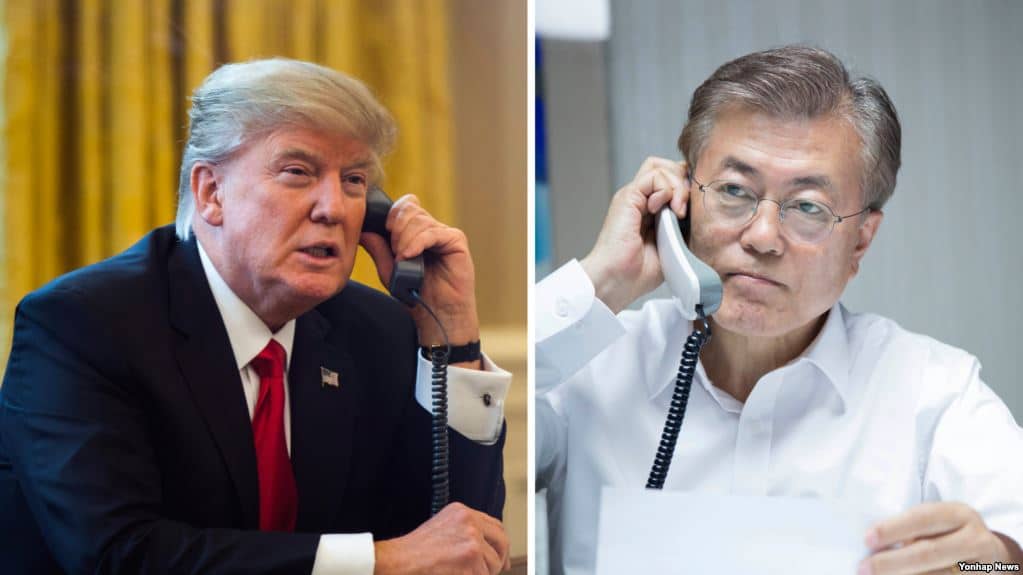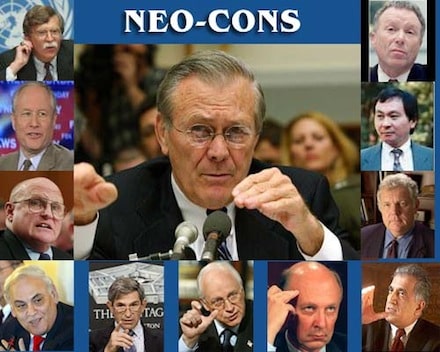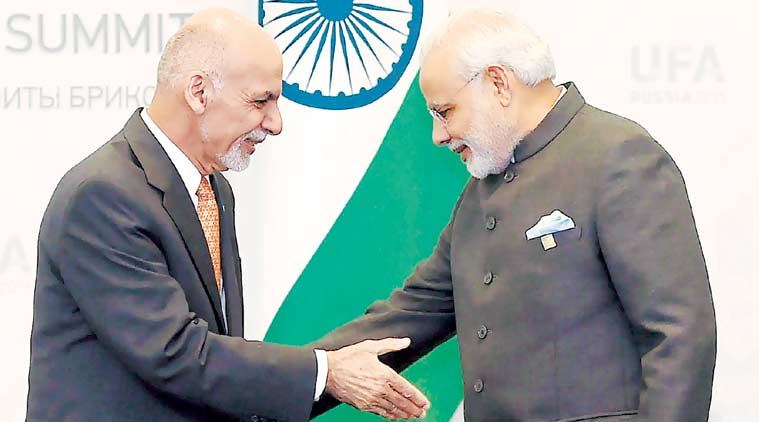Immediately after Israel's latest unprovoked strike on Syria we posed the question, did Benjamin Netanyahu just panic? The answer is yes, Israel is now acting from a position of desperation as it has failed in its goal of regime change in Syria. Overnight (Wed. evening/Thursday early morning), Israel attacked a Syrian military base near the town of Masyaf at about 3:00 a.m. which Syria has now confirmed in a statement that warns of "serious repercussions". Syria reported two troop deaths in...










